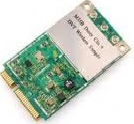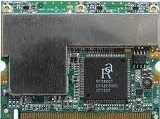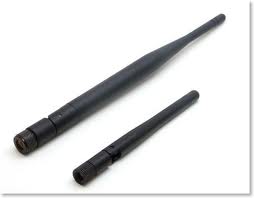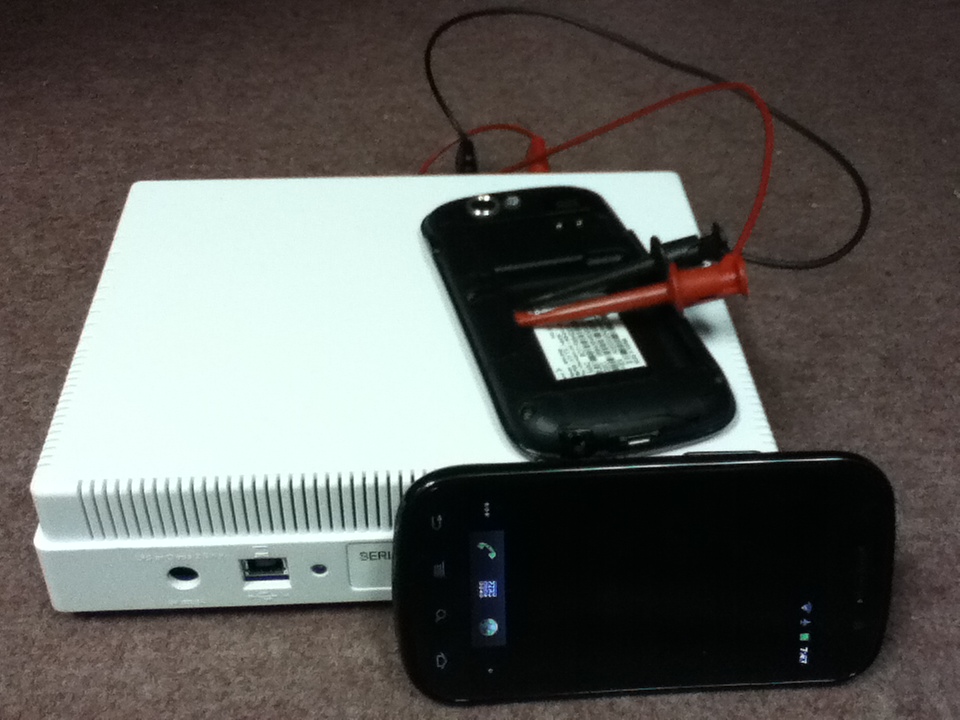UBMesh: An 802.11n Wireless Mesh Testbed at UB
Introduction
UBMesh is an experimental 802.11a/b/g/n wireless mesh network testbed at UB. The IEEE 802.11n standard is the first IEEE 802.11 standard to introduce a MIMO-based PHY layer,
providing higher data rates up to 600 Mbps, longer range, and more reliable coverage compared to legacy 802.11a/b/g networks. In addition to MIMO, other innovations at the MAC and PHY layers responsible for the high data rates
of IEEE 802.11n are channel bonding, frame aggregation, and short guard interval. All these features make IEEE 802.11n a promising technology for building wireless mesh networks.
However, recent studies in 802.11n WLANs report throughput values much lower than the maximum viable data rates. The situation is expected to be worse in wireless mesh networks
where the interference levels are higher due to multihop communication. The deployment of UBMesh helps us to evaluate the performance of legacy 802.11a/b/g routing and transport layer protocols over 802.11n mesh networks,
to understand their limitations, and to design new protocols to harvest most of the gains promised by the 802.11n technology.
UBMesh currently consists of 21 static wireless routers deployed on the third floor of Davis Hall at UB. Additionally, laptops and smartphones are used as mobile clients.
Hardware
Routers: Each wireless router is a Lenovo ThinkCentre M70e 0806 desktop with a Pentium Dual
Core E5800 3.2GHz processor and 2GB DDR3 SDRAM memory.
 |
Wireless cards: Every router has two wireless cards: a Ralink RT2860 802.11a/b/g/n 2X3 miniPCI card supporting all the 802.11n features and providing data rates up to 300Mbps (MCS 15) and
an Atheros 4G miniPCI 802.11a/b/g card.
 |
 |
Antennas and Adapters: We use 2.4/4.9/5.8 GHz Tri Band Rubber Duck Omni-directional Antennas (2 dBI at 2.4GHz, 5dBi at 5GHz), connected to the cards through low loss pigtails.
The Ralink card has 3 antennas and the Atheros card has 1 antenna. The cards are connected to the PCI interfaces of the mesh routers through miniPCI-to-PCI adapters.
 |
 |
Mobile clients: We currently use two types of mobile clients: DELL Inspiron M5030 Laptops with Atheros 5 802.11a/b/g wireless cards, and Nexus-S 3g/4g smartphones supporting the 802.11n standard.
 |
 |
Deployment
The figure below shows a layout of the current UBMesh deployment on the 3rd floor of Davis Hall.
 |
